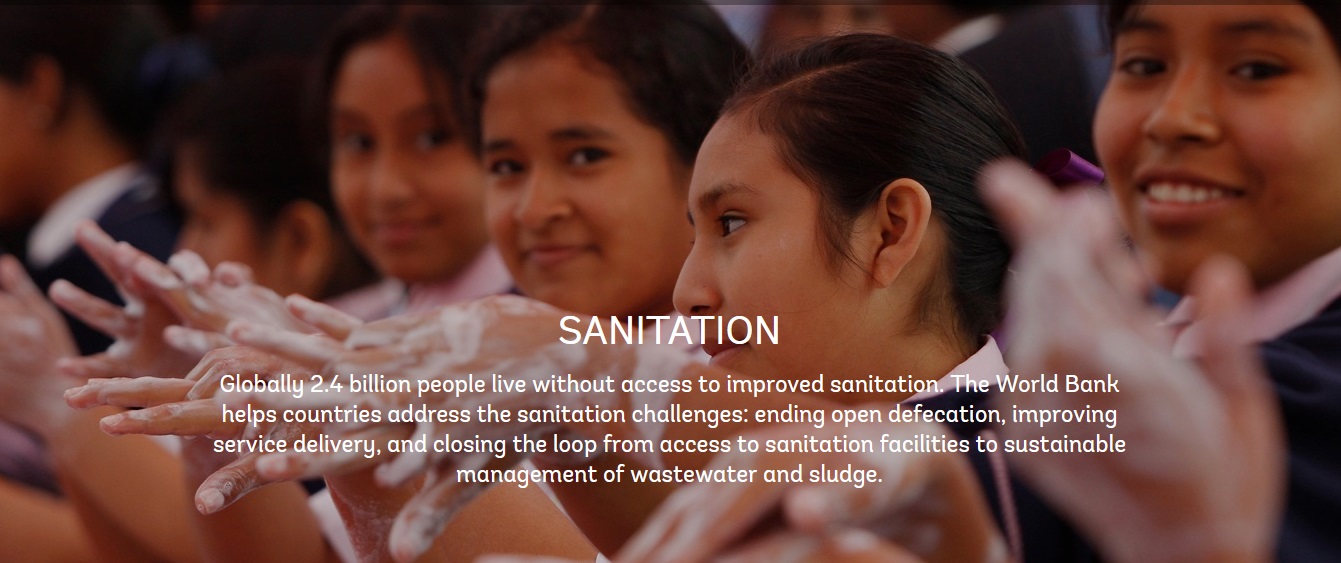Globally 2.4 billion people live without access to a basic sanitation service: almost 900 million of these people practice open defecation. Despite significant gains — over 2.1 billion people gained access to improved toilets or latrines since 1990 — sanitation was one of the most off-track Millennium Development Goals (MDGs) globally. Today, only 68% of the world’s population has access to basic sanitation, and only 39% of people have access to safely managed sanitation (which includes containment through safe collection, treatment, and end use/disposal). Further, 70% of people in Sub-Saharan Africa and 53% of people in South Asia still lack access to basic sanitation services (i.e., an improved toilet/latrine). The world missed the MDG target for sanitation by almost 700 million people.
In addition to the challenges of providing many millions of rural households with adequate sanitation, the world continues to urbanize, and cities will increasingly bear the burden of poor sanitation — with an estimated 57% of urban dwellers lacking access to toilets that provide a full sanitation service, 16% of urban dwellers lacking access to basic sanitation services, and almost 100 million urban residents practicing open defecation.
The benefits of tackling the challenges of sanitation are manifold. Improved sanitation leads to lower disease burden, improved nutrition, reduced stunting, improved quality of life, increased attendance of girls at school, healthier living environments, better environmental stewardship, increased job opportunities and wages, improved competitiveness of cities, and economic and social gains to society more broadly.
Recent analysis shows that ending open defecation can save children’s lives by reducing disease transmission, stunting, and under-nutrition, which are important for childhood cognitive development and future economic productivity. Without adequate sanitation facilities, girls are more likely to drop out of school or are vulnerable to attacks while seeking privacy.
Lack of sanitation also holds back economic growth. Poor sanitation costs billions to some countries, amounting to the equivalent of 6.3% of GDP in Bangladesh, 6.4% of GDP in India, 7.2% of GDP in Cambodia, 2.4% of GDP in Niger, and 3.9% of GDP in Pakistan annually. The economic losses are mainly driven by premature deaths, the cost of health care treatment, lost time and productivity seeking treatment, and lost time and productivity finding access to sanitation facilities. Pollution resulting from improper disposal and treatment of wastewater and domestic fecal sludge also affects both water resources and ecosystems. At the same time, fecal sludge and wastewater can provide valuable resources (water, nutrients, and energy) and economic opportunities, especially in urban areas and in water-scarce environments.
Source: World Bank




